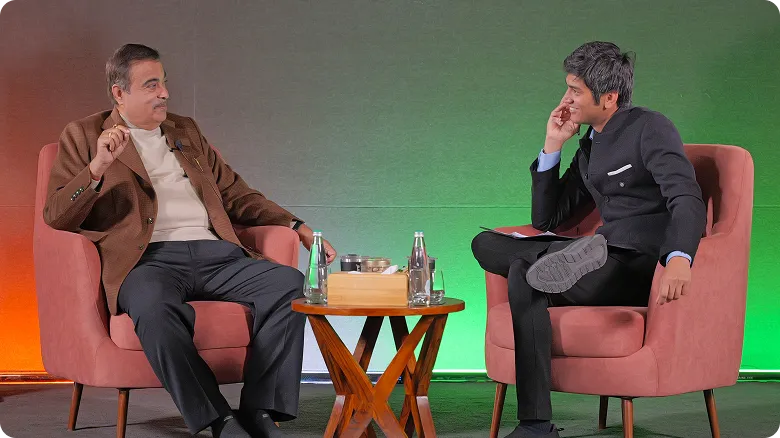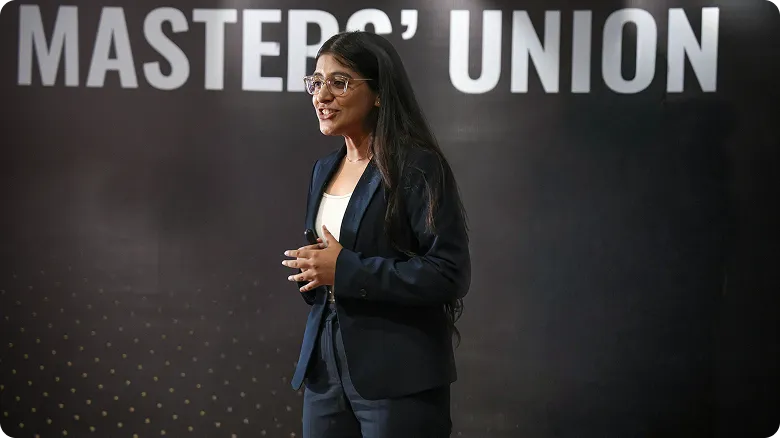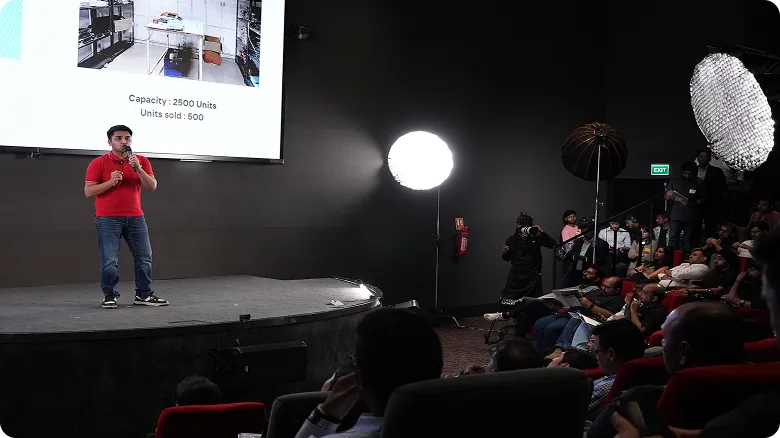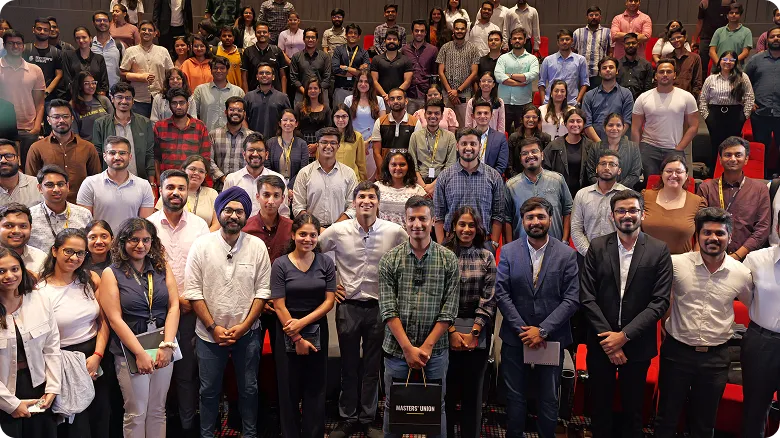Undergraduate
Undergraduate (Global)
Postgraduate
PGP in Technology and Business Management
PGP in Technology & Business Management
(Young Leaders Cohort)
PGP in Human Resources & Organisation Strategy
PGP in Sports Management & Gaming
PGP in Applied AI & Agentic Systems
PGP in UI/UX & Product Design
PGP in Sustainability & Business Management
PGP Bharat
Executive
Family Business
Careers
Innovations
Faculty
MU Ventures
Enterprise Education
Student Life
Jobs
Become a Master
events
For Companies
Blog
Business
Why MBA Courses Must Adapt to a New Era
March 12, 2025

The future of business education no longer belongs to static lectures and predictable case studies. The new world of business is shaped by entrepreneurs, global markets, and digital disruptions—and that demands business schools rethink how they prepare students.
The Shift in Business Education
At institutions like Masters’ Union, classrooms are built to mimic boardrooms, startup studios, and trading floors. Students don’t just study strategy; they practice it with founders, investors, and executives sitting across the table.
This is not education as usual. It is education built for uncertainty.
Online MBA Schools and the Global Workforce
A decade ago, MBA aspirants mostly looked at campus-based programmes. Today, online MBA schools have broken those barriers. With live sessions, cross-border projects, and hybrid delivery, they are as rigorous as traditional programmes, but far more accessible.
-
Learners can engage with international faculty while working full-time
-
Case studies now feature emerging markets, not just Western economies
-
Peer groups are multicultural, spanning India, Singapore, and Europe in one cohort
This model has created a global workforce classroom, a place where students learn cultural fluency alongside strategy.
Online MBA Degree and Industry Relevance
Earning an online MBA degree is no longer seen as a compromise. Instead, it signals adaptability. Employers recognise that these programmes demand self-discipline, time management, and digital collaboration—skills that define modern business leaders.
Top schools are ensuring quality doesn’t slip:
-
Hybrid delivery with offline immersions
-
Founder-led masterclasses replacing textbook teaching
-
Capstone projects tied to live startups
At Masters’ Union, an online MBA-equivalent programme like PGP Rise blends AI-powered personalised learning with immersive simulations, giving professionals the chance to pivot careers without stepping off the treadmill.
Online Finance Classes and Smarter Decisions
Money remains the backbone of business education. But today’s leaders need more than accounting. They need to forecast, manage risk, and handle volatile markets. That’s why online finance classes are evolving fast.
Modules include:
-
Predictive analytics for smarter planning
-
Real-time dashboards for budget tracking
-
Blockchain and cryptocurrency for future-facing finance
This ensures that a finance course online isn’t a dry numbers exercise. It’s about decision-making power—how to allocate capital when uncertainty is the only constant.
MBA Program Designed for Entrepreneurship
A traditional MBA program was designed for management roles. The modern one is designed for builders. At Masters’ Union, students walk into startup studios where products are tested against real customers, and founder-in-residence sessions where seasoned entrepreneurs dissect failures as openly as successes.
This structure mirrors venture capital logic: test, pivot, scale. By the end, learners don’t just know how businesses work—they may already be running one.
Best Online MBA Programs: What They Offer
The best online MBA programs no longer look like digitised textbooks. They are dynamic, modular, and industry-led.
Here’s what stands out:
-
Specialisations in fintech, stock markets, and data science
-
Access to startup incubators for venture-building
-
Capstone projects tied to live companies
-
Mentorship networks that extend beyond graduation
This flexibility has made top online MBA programs the preferred choice for working professionals seeking career pivots without leaving their jobs.
MBA Courses Beyond Theory
At the heart of this change is the reinvention of MBA courses. They now push beyond theory into practice.
Examples include:
-
VC feedback loops on student ventures
-
Global immersion treks from New York to Singapore
-
Cross-industry masterclasses with leaders in tech, finance, and consumer brands
The result? Students graduate not just with knowledge, but with networks and tested experience.
Traditional Marketing Meets Modern Strategy
Even traditional marketing hasn’t been discarded—it has been re-engineered. Word-of-mouth, brand recall, and TV campaigns still matter. But in today’s business schools, traditional marketing methods are taught alongside digital ecosystems, influencer strategies, and ROI-driven funnels.
Students learn how storytelling drives brand loyalty, but also how analytics dashboards reveal what’s working in real time. It’s no longer “either/or.” It’s about mastering both worlds.
Business Schools as Ecosystems
The strongest business schools are no longer just academic institutions. They are ecosystems:
-
Startup incubators for testing ventures
-
Global exchange programmes for cultural fluency
-
Alumni hubs for lifelong learning
-
Industry mentors for ongoing guidance
Masters’ Union is a case in point. Its classrooms blur the line between academia and industry. Every course is measured by one yardstick—does it prepare you for real-world business?
Future of Business Education: The Road Ahead
So, what does the future of business education look like?
-
Experiential learning will dominate. Students will spend as much time in boardrooms as in libraries.
-
Hybrid online MBA schools will widen access without losing rigour.
-
Finance course online modules will equip professionals with sharper, data-driven instincts.
-
MBA courses will continue to break the boundaries between marketing, finance, and entrepreneurship.
-
Business schools will become networks and platforms, not just lecture halls.
The message is clear: the MBA is not dying; it is reinventing itself.
End Thoughts
For ambitious learners, whether career switchers, aspiring founders, or seasoned professionals, the time is now. The future of business education isn’t waiting in a classroom. It’s unfolding in boardrooms, on trading floors, and in startup studios.
Institutions like Masters’ Union prove one thing: the MBA isn’t just about learning business anymore. It’s about building a business.
FAQs
1. What trends define the future of business education?
The future of business education is shaped by experiential learning, startup incubation, online MBA schools, and sustainability-focused curricula.
2. How do online MBA schools benefit working professionals?
They offer hybrid formats, live projects, and flexible pacing—letting learners balance study with work and life.
3. Are online MBA degree programmes credible?
Yes. Accredited online MBA degrees are recognised globally, signalling adaptability and digital collaboration skills valued by employers.
4. How are online finance classes changing business education?
They integrate predictive analytics, blockchain, and real-time dashboards—teaching students how to make smarter, data-driven financial decisions.
5. Why are traditional marketing methods still taught in MBA courses?
Traditional marketing builds brand foundations, while digital strategy amplifies reach. Business schools now teach both, ensuring leaders master old and new playbooks.

